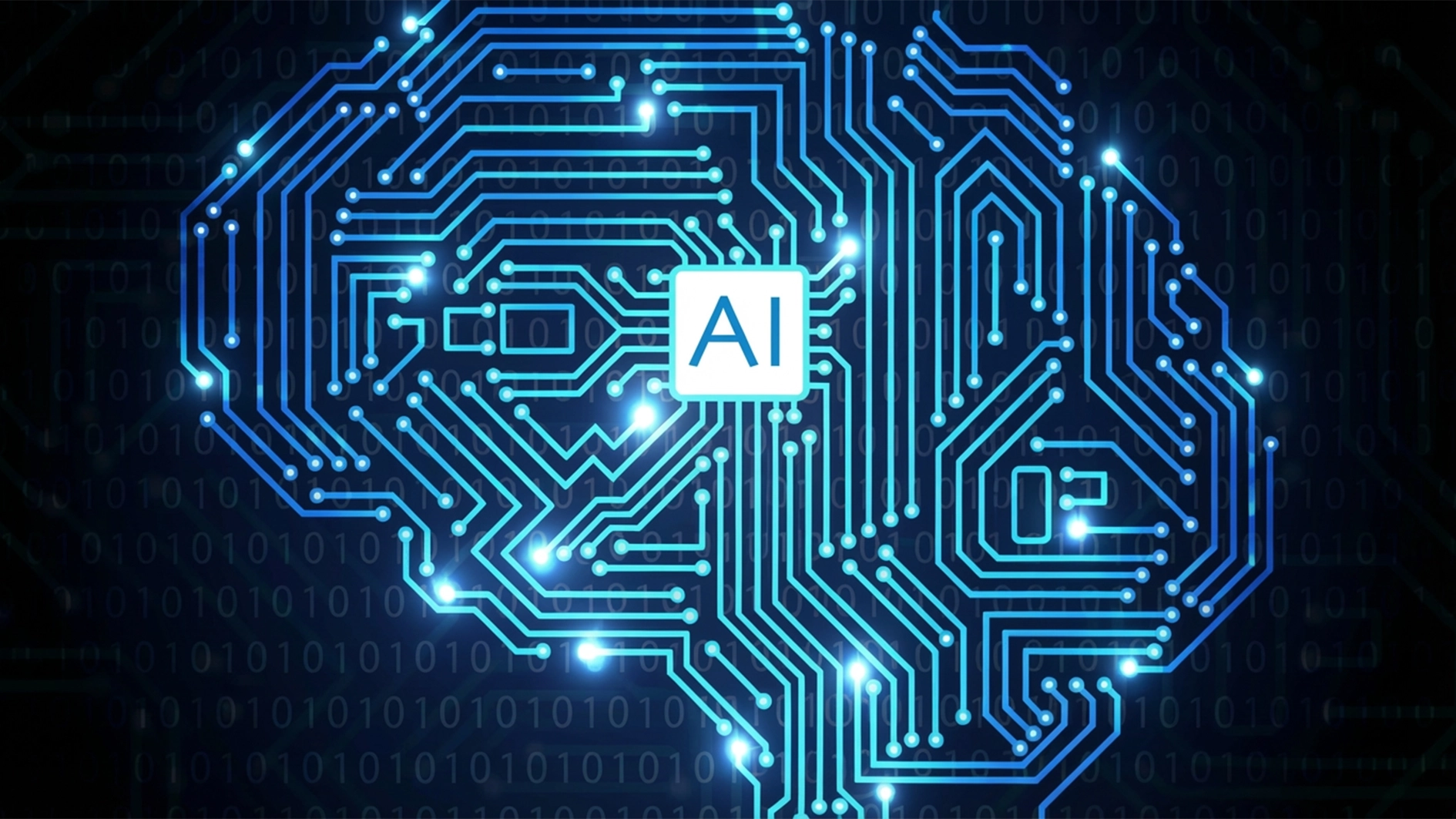In an era marked by rapid digital transformation, Venkata Kalyan Chakravarthy Mandavilli brings a timely and insightful perspective on how Artificial Intelligence (AI) is reshaping enterprise systems. A recognized thought leader in intelligent enterprise automation, he contributes valuable foresight into the future of SAP and ERP technologies.
Intelligent Automation: Replacing Repetition with Precision
AI-driven ERP systems have transformed the handling of repetitive, labor-intensive tasks through advanced intelligent automation. Technologies such as Intelligent Robotic Process Automation (iRPA) efficiently manage invoice processing, order management, and compliance monitoring. These systems significantly reduce processing times and increase accuracy by leveraging machine learning algorithms that continuously improve, leading to enhanced operational performance and reduced human error across key business functions.
AI has revolutionized invoice matching, turning a once manual and error-prone task into a swift, precise operation. It has also improved order accuracy and reduced processing times, leading to fewer returns. In compliance, AI detects anomalies early, minimizing penalties and supporting more proactive, efficient audit preparation across enterprise systems.
Predictive Power: From Data Storage to Data Foresight
ERP systems have evolved from static data stores to predictive engines. AI now enables precise demand forecasting, inventory control, and early financial risk detection. In retail and manufacturing, this minimizes excess stock while ensuring availability once seen as an impossible balance.
These systems don’t just predict, they inform. Financial monitoring tools flag suspicious transactions early, mitigating fraud risks. Similarly, predictive models analyze supply chains to highlight potential disruptions and allow preemptive interventions, optimizing continuity and reducing losses.
Decision Intelligence: Empowering Action with Insight
In today’s dynamic business environment, decision-making is increasingly guided by AI-driven analytics. These advanced systems process massive volumes of data in real time, delivering actionable insights that not only accelerate decision-making but also enhance its accuracy and effectiveness. By leveraging AI, organizations can respond swiftly and strategically to emerging challenges and opportunities across all operational levels.
AI-driven anomaly detection identifies process issues like equipment failures or quality drops early. Inventory optimization cuts costs while ensuring availability. Financial intelligence enhances cash flow forecasting and capital allocation by analyzing nuanced customer behavior, improving strategic financial decision-making.
Revolutionizing User Interaction: ERP Made Human-Centric
AI is transforming how users interact with enterprise systems by making them more intuitive and accessible. Conversational interfaces enable natural language communication, reducing the need for technical expertise. Intelligent assistants offer real-time, context-sensitive support, enhancing user productivity in complex domains such as financial reporting, compliance, and supply chain operations.
Personalization is another leap forward. Adaptive interfaces mold the user experience to individual preferences and needs, minimizing cognitive load and maximizing efficiency. Smart chatbots and AI-generated summaries distill large volumes of information into digestible insights, empowering employees to focus on strategic decision-making.
Generative AI: Beyond Automation, Toward Creativity
Generative AI has introduced creative functionalities that go beyond traditional automation. Report writing, application development, and even business communication are now enhanced through generative tools. These systems ensure consistency, improve formatting, and streamline validation, allowing teams to spend less time on routine work and more on strategic initiatives.
Furthermore, AI assistants now aid developers by generating high-quality code based on organizational best practices. This accelerates project delivery while maintaining architectural integrity. Contextually aware chatbots resolve complex queries across various domains, dramatically reducing the need for human intervention.
The Road Ahead: Toward Autonomous and Adaptive Systems
Looking forward, AI is set to unlock even more transformative potential within ERP systems. Emerging trends include self-optimizing supply chains, predictive maintenance capabilities, and cross-system intelligence orchestration. These innovations promise to reduce downtime, streamline multi-application workflows, and enable systems to make proactive, data-driven decisions.
Autonomous operations, where AI handles complex decision-making with minimal human input, are no longer theoretical. As these capabilities mature, they will redefine how organizations align their strategies with real-time operational insights.
In conclusion, AI’s integration with ERP systems marks a paradigm shift transforming them into faster, smarter, and more intuitive platforms. By automating tasks, enabling predictive insights, and enhancing user experiences, AI empowers organizations to thrive amid change. Venkata Kalyan Chakravarthy Mandavilli highlights AI as a transformative force shaping the future of intelligent enterprise systems.






